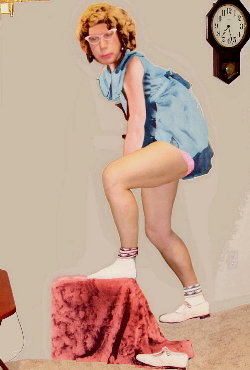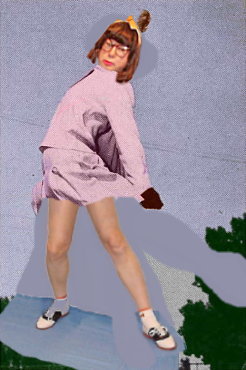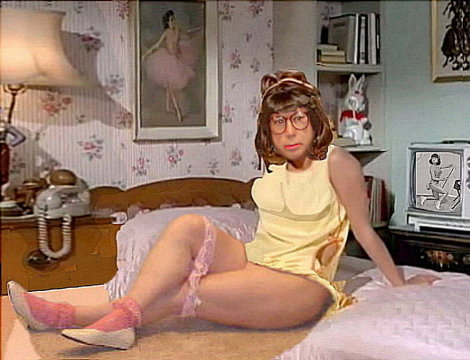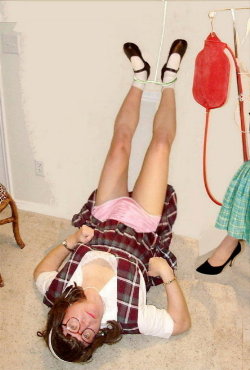Um hi
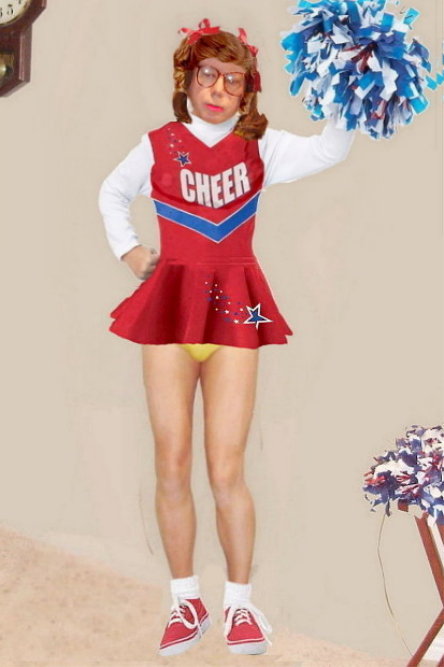
*****************************************
From Wikipedia:
“Sally Field was born in Pasadena, California, to Margaret Field an actress and Richard Dryden Field. Her father was an army officer. Following her parents’ 1950 divorce, her mother married actor and stuntman Jock Mahoney [Tarzan!]. Field alleged in her 2018 memoir that she was sexually abused by Mahoney during her childhood.
As a teen, Field attended Portola Middle School and Birmingham High School in Van Nuys, where she was a cheerleader.
Her classmates included actress Cindy Williams.
Sally Field is the recipient of various accolades, including two Academy Awards, three Primetime Emmy Awards, two Golden Globe Awards, a Screen Actors Guild Award.
Field began her professional career on television, starring in titular roles on the short-lived sitcom Gidget
(1965–1966) [many people are surprised that Gidget was so short-lived]. In 1976, her career saw a turning point when she garnered critical acclaim of her portrayal of a woman suffering from multiple personality disorder in the television miniseries Sybil,
for which she received the Primetime Emmy Award for Outstanding Lead Actress in a Limited Series or Movie. Although her film debut was as an extra in Moon Pilot (1962), her film career escalated during the 1970s with starring roles in successful films including Stay Hungry (1976), Smokey and the Bandit (1977), Heroes (1977), The End (1978), and Hooper (1978). Her career further expanded during the 1980s, twice receiving the Academy Award for Best Actress for Norma Rae [The scene where she holds up the “UNION” sign brings tears to my eyes every time] (1979) and Places in the Heart (1984), and continued to appear in a wide range of acclaimed and successful films including Smokey and the Bandit II (1980), Absence of Malice (1981), Kiss Me Goodbye (1982), Murphy’s Romance (1985), Steel Magnolias (1989), Mrs. Doubtfire (1993), and Forrest Gump (1994).
In 2010s, her film career saw a resurgence. She starred as Mary Todd Lincoln in Lincoln [I really need to see this!] (2012).
In 2014, she was presented with a star on the Hollywood Walk of Fame.”
From Sally:
“And then I am not as young as I had been, almost fourteen–and I knew. I knew. I felt both a child, helpless, and not a child. Powerful. This was power. And I owned it. But I wanted to be a child–and yet.”
And then he slides from the shower, wet and erect and I don’t know how he ever gets that thing in his pants, since I never see it in any other condition. He gently picks me up and sets me on the bathroom counter. I sit on the cold tile surrounded by mirrors, me in my Saran-wrap dress. He kisses me, not any different than other times. And yet it’s different, it’s different.
He sets his penis, as muscular as the rest of him, between my legs and pulls my littleness toward him…and it.
He loved me enough not to invade me. He never invaded me. In all the many times. Not really. It would have been one thing if he had held me down and raped me, hurt me. Made me bleed. But he didn’t. Was that love? Was that because he loved me?”
Also,
“When “Gidget” was canceled after that one blur of a season, I felt only one quick painful stab and then it was gone. But when I walked away from the girl I loved so much, I didn’t feel crushed. Gidget was still with me, was me. And living with her so relentlessly that year had given me things I hadn’t owned before: a tiny sliver of her confidence, her willingness to be optimistic , and her daring ability to look toward the future.”
More (at the Golden Globes):
“With my hair in Shirley Temple ringlets and without any rehearsal, I was connected to the damn wires, and without warning hoisted up like a flag. And off I went. Suddenly I was sailing across the historic Cocoanut Grove wearing a pink taffeta culottes outfit and heading toward the stage at forty-five miles an hour.”
(“In Pieces” by Sally Field)
Sally: “You like me,” she declared. “You really like me.”
Brie: Yes they do.
Recommended reading:
Gidget
*****************************************
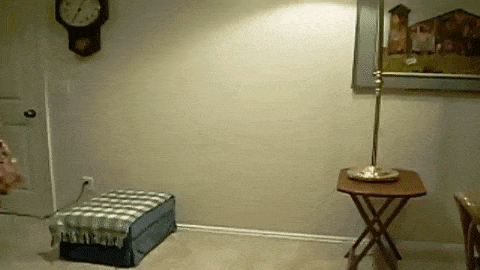
paradus3
Commented on Oct 30, 2018
“Perfect pose”
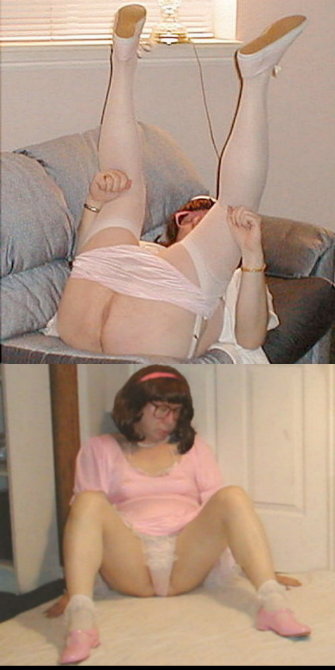
dwt_pippi
Commented on Sep 26, 2018
“piss your panty”
*************************************
Andi James
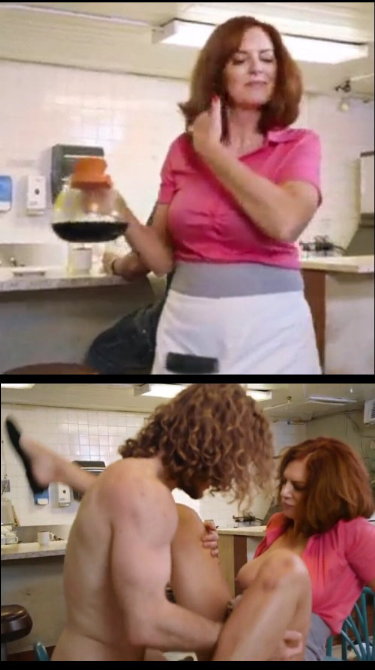
22 year old Angelica wearing saddle shoes:

bobby-soxer:
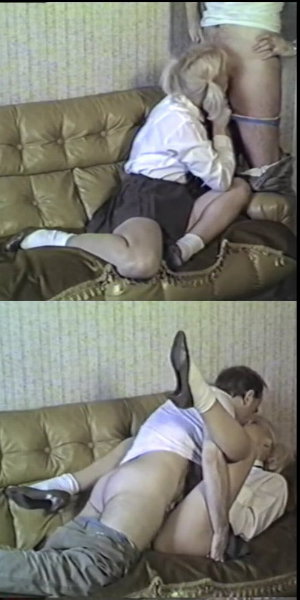
Michelle:

Rebecca Starr:

**************************************
“Driving the freeways in Los Angeles, you seem to travel over the city rather than through it. The houses on either side have no identifable shape or order as they flash by, and the people, if visible, lack real identity. What was Los Angeles like before the freeways? There is no telling now, of course. Streetcars clanged through the streets, hauling their passengers through one neighborhood after another. Before the freeways were built, there were neighborhoods there to travel through.”
“The atmosphere at the bakery was remarkable. This was during Prohibition, and there was a very corrupt police force. Cops used to constantly come in there, and we’d give them bread and cakes to keep them happy and they gave us whiskey. And it was quite customary for cops to have girls. The girl would be on probation, and as a matter of fact a cop would set her up and trap her, and would put her in a hotel room to do business for him. That way the cops –a lot of them–had strings of girls, and there was no way to get away. If a girl tried, bang! the cop has her on prostitution.”
“The despair of that particular area–honky-tonks, whorehouses, everyone scrounging, scrambling–well, it was just beyond belief. There was a real Depression there.” (Trumbo by Bruce Cook)
*****************************************
From Wikipedia: “Strait-Jacket is a 1964 American horror-thriller film starring Joan Crawford

and Diane Baker in a macabre mother and daughter tale about a series of axe-murders. Released by Columbia Pictures, the film was directed and produced by William Castle. The screenplay was the first of two written for Castle by Robert Bloch, the second being The Night Walker (1964). The film’s plot makes use of the psychological abuse method known as gaslighting.”
************************************
Agness:
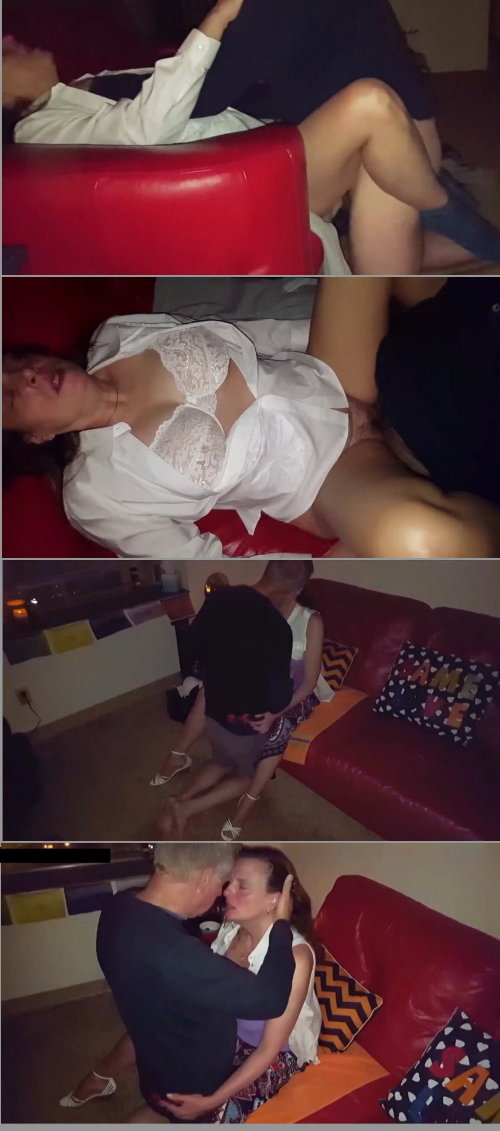
*************************************
Patty:
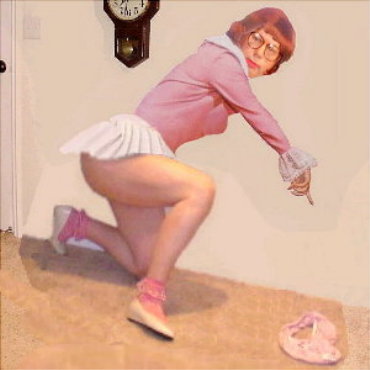
Shirley:
